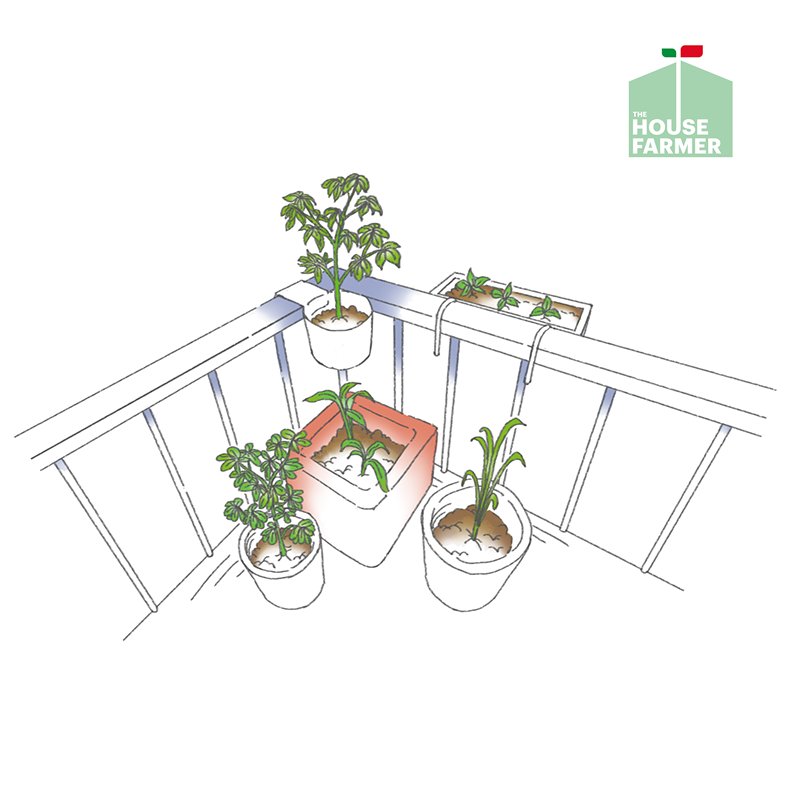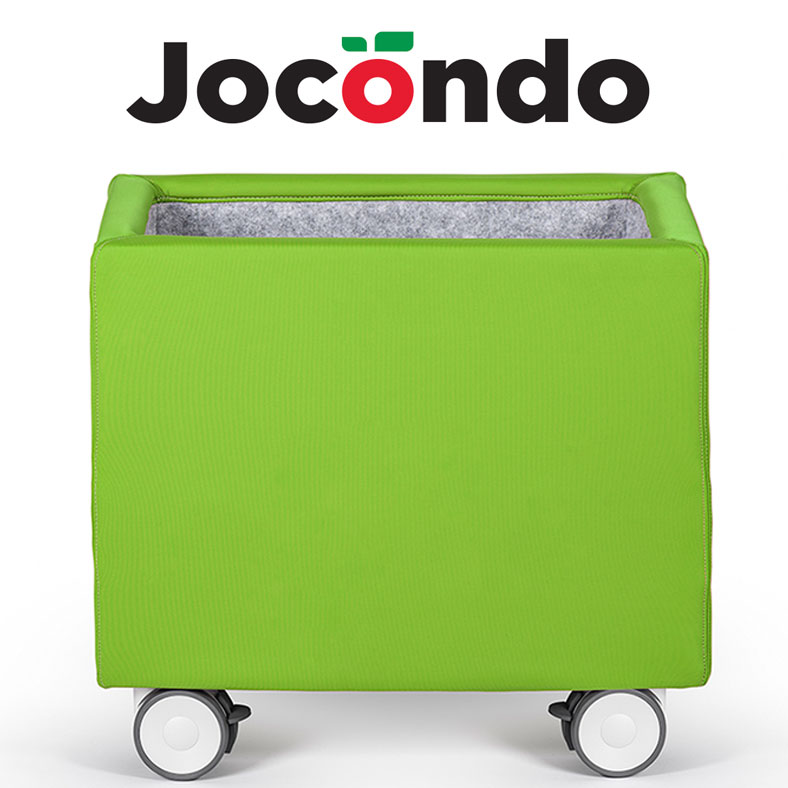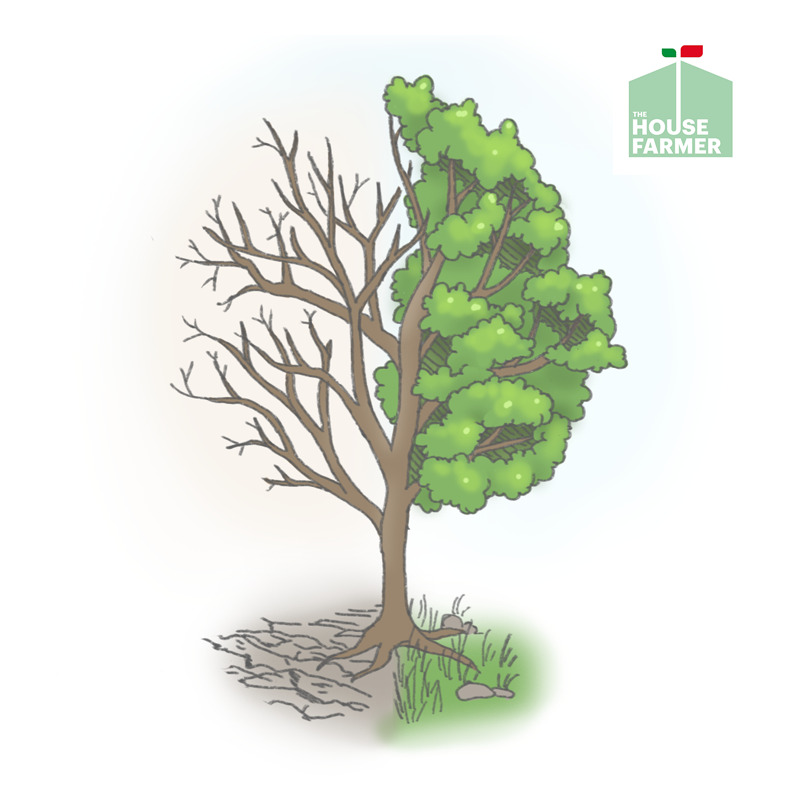
Towards Ethical Consumption and House Farming
Over the past fifty years, global consumption of raw materials has almost quadrupled, surpassing the growth of population, this is why we believe that ethical consumption is a very timely and important issue.
In 1972, we consumed 28.6 billion tons of natural resources; this rose to 54.9 billion in 2000 and to over 100 billion in 2019. Added to the acceleration of the primary resource consumption is the growth of waste, as 90% of these resources are not part of the production cycle: the circularity index today stands at 8.6%, even lower than that recorded in 2018 (9.1%).
Since 2015, the year the Paris Agreement was signed, the world economy has extracted 500 billion tons of raw materials. Our linear economy has too many resources being sucked in and too many emissions being pumped out. Adopting circular solutions in the use of materials is key to achieving climate goals and limiting the increase in the planet’s global temperature. 70% of all greenhouse gas emissions produced are caused by the extraction, processing, consumption and disposal of materials. Reducing the exploitation of virgin raw materials, adopting circular economy solutions, would cut emissions by 39% and material consumption by 28%.
The aforementioned data illustrates the need for us to make life in our cities ever more sustainable, while taking into account that it is not easy to rebuild green spaces highly cemented urban areas and to start talking about ethical consumption.
Access to green public spaces differs throughout Europe. Cities in the north and west of Europe enjoy larger green areas than cities in southern and eastern Europe characterised by a more intense demographic concentration in urban centers.
Both science and politics are increasingly recognizing the potential of green spaces in positively impacting our health and well-being. Accessible green areas are especially important for children, the elderly and low-income people, many of whom have limited opportunities to come into contact with nature. People use their local green spaces to exercise and for social interactions, relaxing and destress. Benefits range from reducing the risk of obesity in children, to improved cardiovascular health and lower rates of depression in adults. Trees, parks, and other green areas improve the quality of the air, reduce noise, lower temperatures during hot periods and increase the biodiversity in city landscapes.
Green infrastructure also includes private gardens and vegetable plots that have an increasing impact on biodiversity. We have already discussed how bees are repopulating cities and the limited or almost non-existent use of pesticides in the creation of a metropolitan vegetable garden. And how the latter are taking on an increasingly social as well as ethical and psychological function in counteracting the excessive and progressive individualization of life in our cities.
Throughout Europe, green spaces are less available in low-income urban neighbourhoods than in higher-income ones, with differences often determined by the housing market, where properties in greener areas are more expensive. While the World Health Organization recommends that all people reside within 300 meters of a green area, this is true for less than half of Europe's urban population, particularly in Southern Europe where population concentration prevents the creation of new green areas.
TOWARDS ETHICAL CONSUMPTION: A NEW PROJECT
The study and analysis of the situation in Europe shows how action aimed at reducing inequalities in access to green spaces can maximise the benefits for citizens' health as well as the proliferation of nature in metropolises. Involving local communities in the management of green spaces helps to bring their specific needs into consideration. It has also been found that it favours a sense of ownership and promotes virtuous or at least ecological / ethical behaviors in normally more degraded urban contexts.
OUR PROJECT AND ITS ETHICAL CONSUMPTION COMMITMENT
Metropolitan agglomerates do not always apply or are able to diligently put into action the studies carried out. In addition, changes to the housing segment are very slow and do not always benefit the community as all too often they will favour overbuilding to the detriment of the existing green area.
Such a situation requires actions to make the most of the already existing condominium spaces to create a functional, pleasant and above all productive vegetable garden, starting from the home context the easiest to realize at an individual level.
From being just a hobby, the vegetable garden becomes one of life’s necessities, requiring a more functional organization which can be aided by an innovative hardware (a mechanized and autonomous container), supported by the application of technology and through the remote control of its main applications (humidity and acidity of the soil, level of lighting, frequency and need for irrigation).
The House Farmer is the link that is transforming the metropolitan garden from a simple creative "DIY" to an integrated man-machine-software system, with the ability to maximize results also creating an environment which is also pleasant from an aesthetic point of view, and which furnishes the terraces and balconies of our cities.



